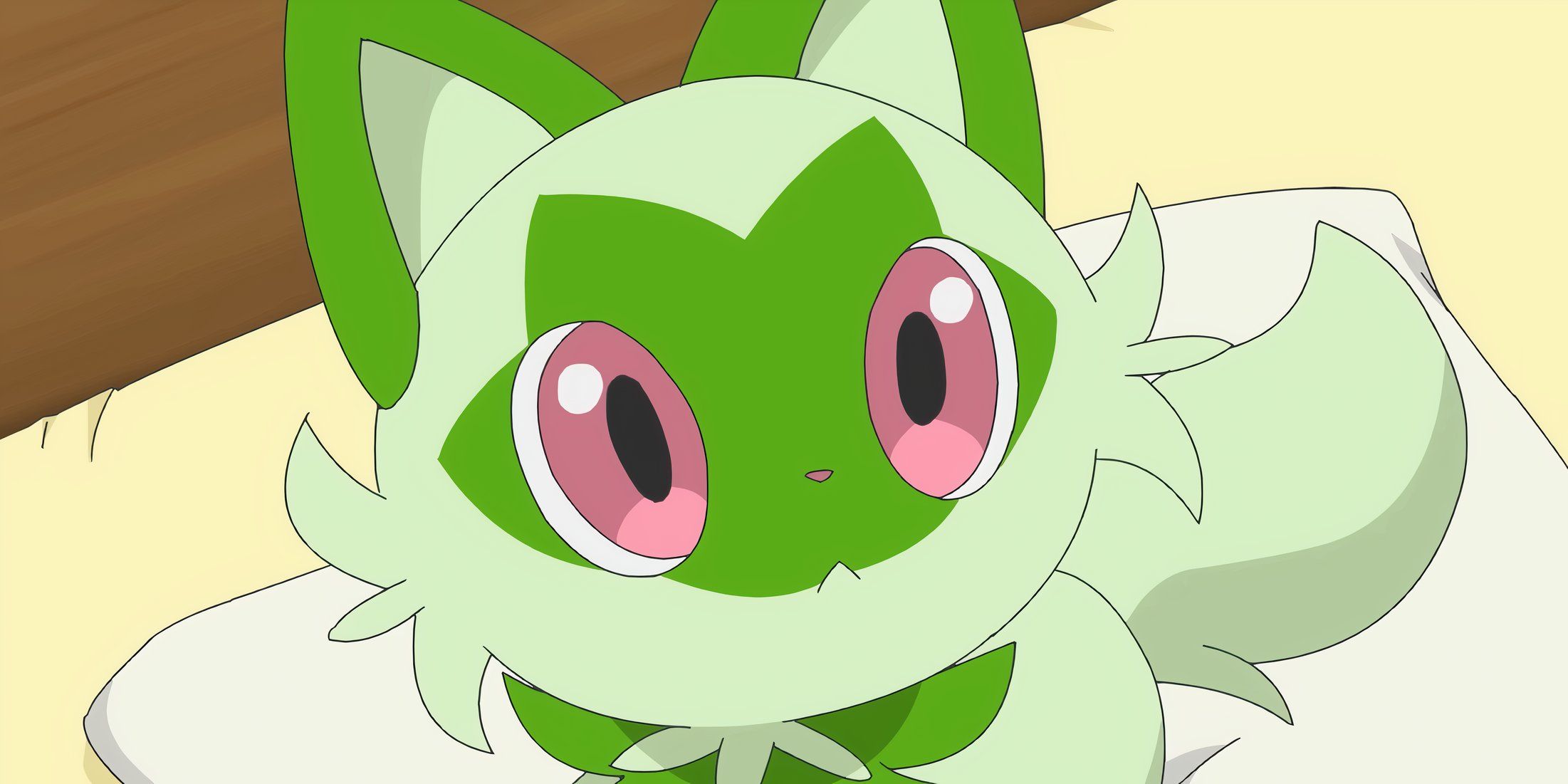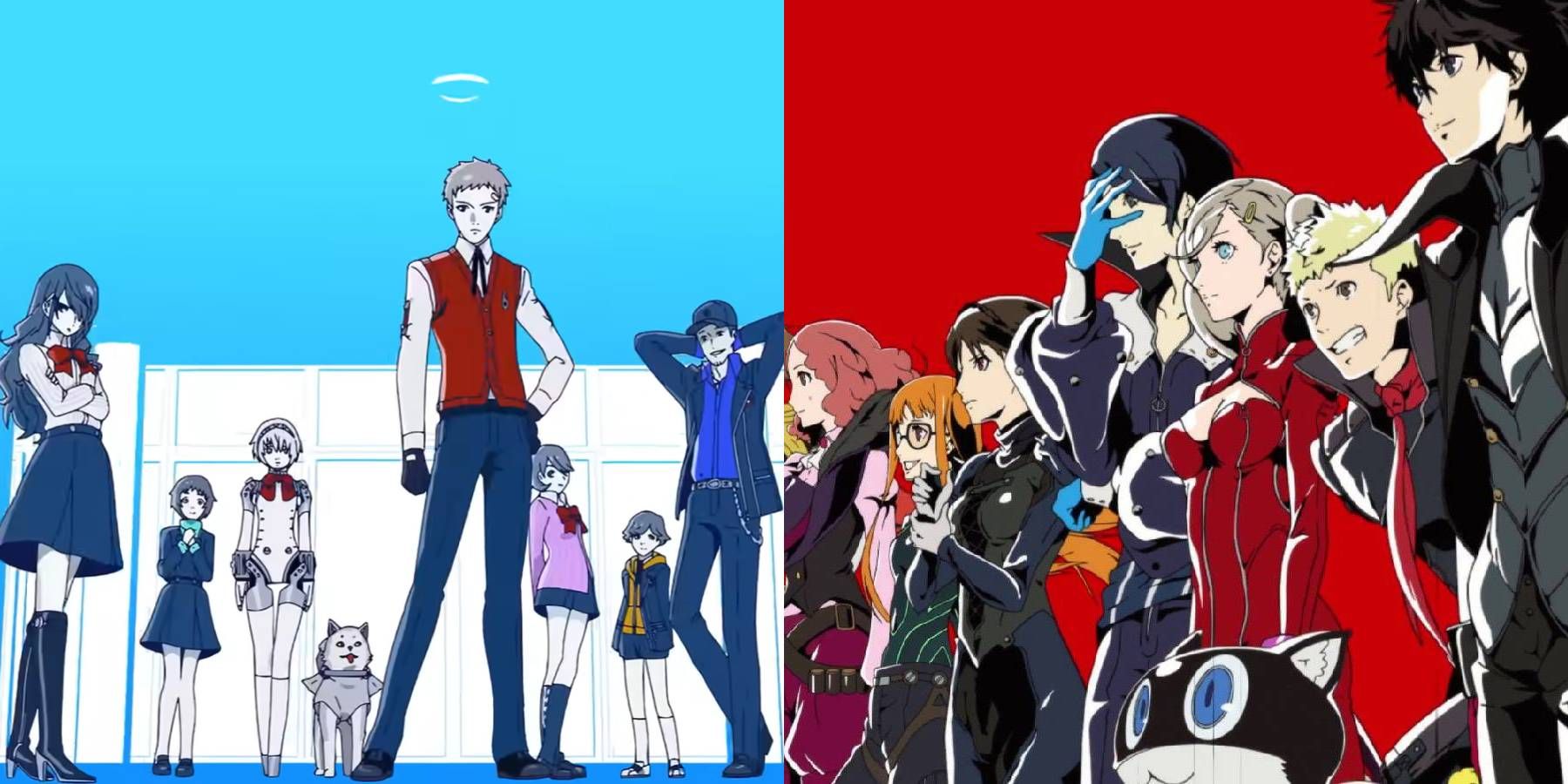Highlights
- Keeping the entire party intact in Persona 6 can enhance gameplay and character development, avoiding wasted XP and resources.
- Losing party members like Shinji and Akechi in past games has downsides, limiting player incentive to use their skills long-term.
- While dramatic and narratively worthwhile, the trope of losing a party member in Persona 6 might not be necessary for a compelling storyline or engaging gameplay.
Persona 3 Reload and Persona 5 have a common element between their parties that Persona 6 would be better off not repeating. The last few Persona games have laid down a lot of guidelines that would be excellent for Persona 6. However, not every aspect of the previous games needs to be recreated. There are a few ideas that might be best left in the past, both mechanically and story-wise. Persona 6's party has the potential to be one of the strongest in the series. Avoiding one semi-recurring aspect could be important in ensuring its overall quality.
In addition to how powerful Persona's party members can become, the series would not be the same without them. While they serve the important role of providing the player with well-needed backup in combat, they also play vital roles in the story. They're the main driving force of the plot, doing the majority of the legwork when it comes to solving the mysteries of each respective game. They're also charming and entertaining, providing plenty of heartfelt and funny moments along the way. However, the trope of losing a party member might be better left to the past.

Persona 3 Reload's Combat Proves Persona 6 Doesn't Need to Reinvent the Wheel
Persona 6 is poised to be one of the biggest JRPG titles of its respective generation, and Persona 3 Reload's combat is a great blueprint for it.
Persona 6's Party Doesn't Need To Lose Any Members
Persona 3 Reload and Persona 5 Both Dramatically Lose Party Members
Persona 5's Goro Akechi briefly joined the Phantom Thieves before showing his true allegiance and betraying them. This situation contrasts greatly with Persona 3 Reload's Shinjiro Aragaki, another temporary party member. However, unlike Akechi, Shinji was loyal until the end, giving his life to save Ken. Both of these moments represent a height in their respective game's story. In Shinji's case, it's a highly emotional and tragic event that forces several characters to develop. Meanwhile, Akechi's reveal is part of a major plot twist that turns the rest of the game's story on its head.
While Shinjiro could potentially survive in Persona 3 Portable 's female protagonist's ending, he was still permanently removed from the party.
Losing Party Members in Persona Has Major Downsides
Despite the power of these moments, they carry a massive downside. Shinji will never reach the endgame in Persona 3 Reload, nor can Akechi in Persona 5. Not only does this mean that players only have a limited opportunity to use their skills, but it also means that any experience they gain is effectively wasted. Since they won't be around long-term, the player is essentially given no incentive to use them if they know about their fate, and while both have cool Personas and skills, players unfortunately have little reason to dedicate resources or time toward them.
Persona 6's Party Would Benefit From Staying Intact
Persona 6 should avoid this issue by not taking away any party members once they join. This would create a healthy party dynamic in Persona 6 and make every character feel like they are worth using. If every member of the party has a path to the endgame, then the player has a reason to give everyone a turn in the party's rotation and indulge in their interactions. Most importantly, no characters leaving the party means that experience is never wasted.
Persona 5 and Persona 3 Reload can teach Persona 6 a lot of great things, but Shinji and Akechi don't necessarily need successors. Whatever is decided for the overall theme of Persona 6, the party probably doesn't need to lose a member to make it happen. While a tragic loss or betrayal can add significant drama to the story, the permanent loss of a party member can be an annoying price to pay in return.




